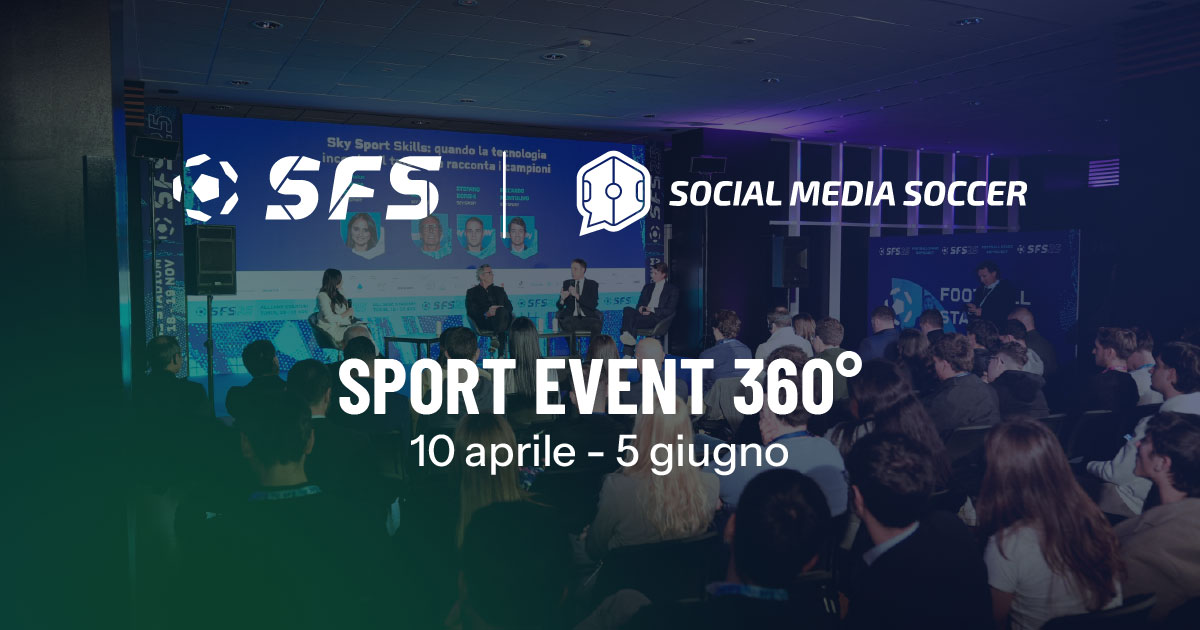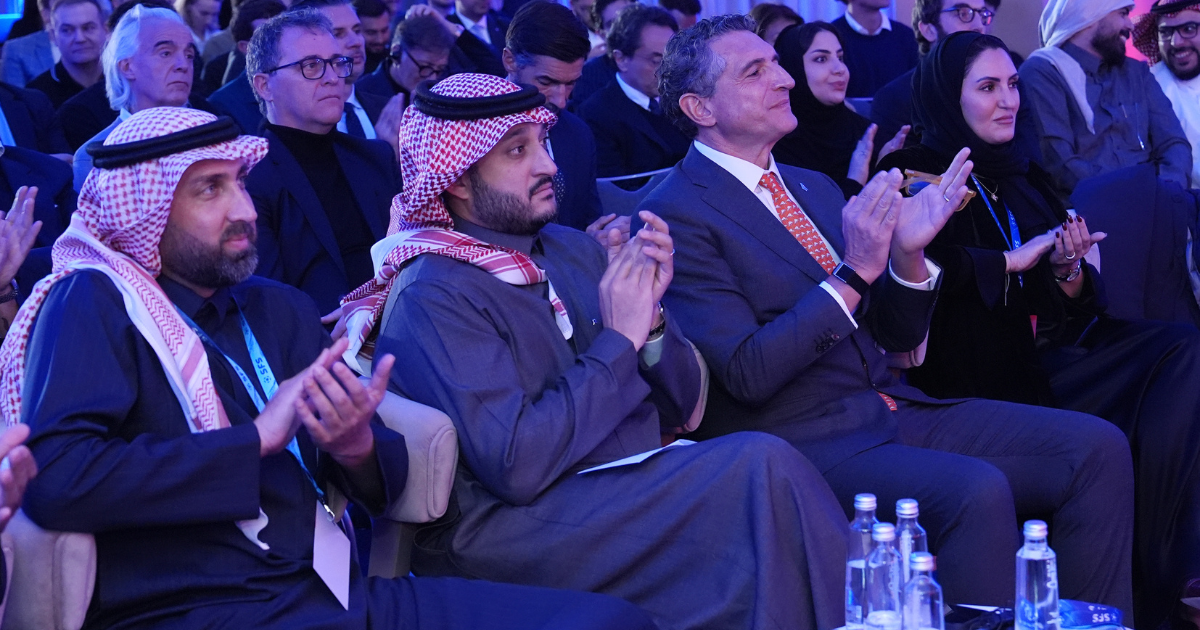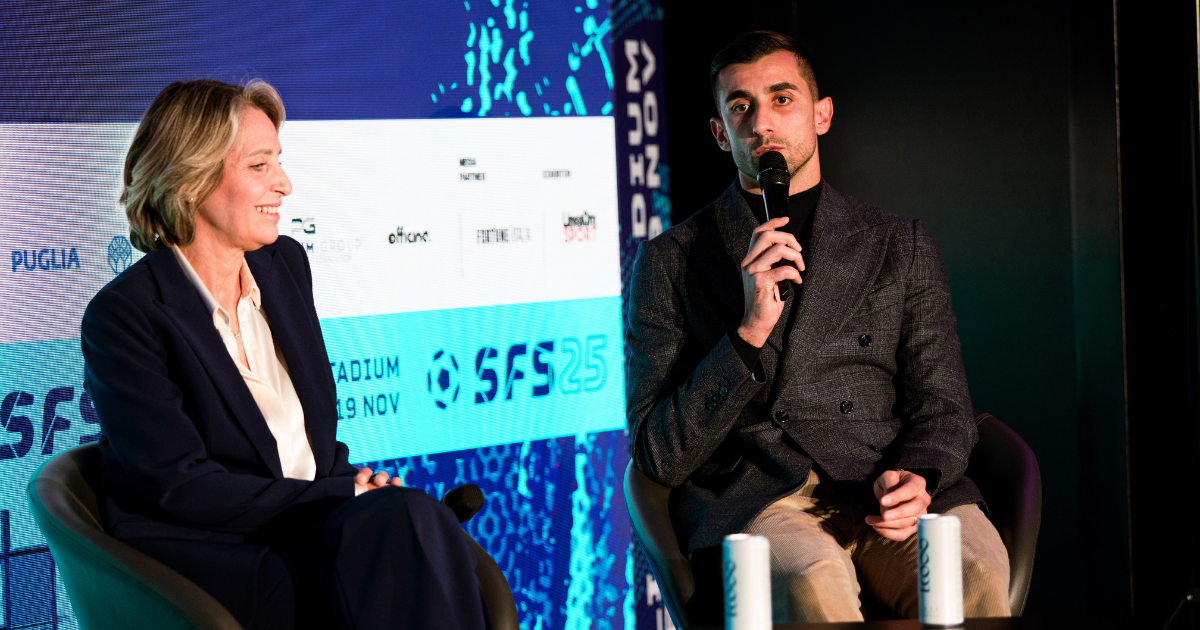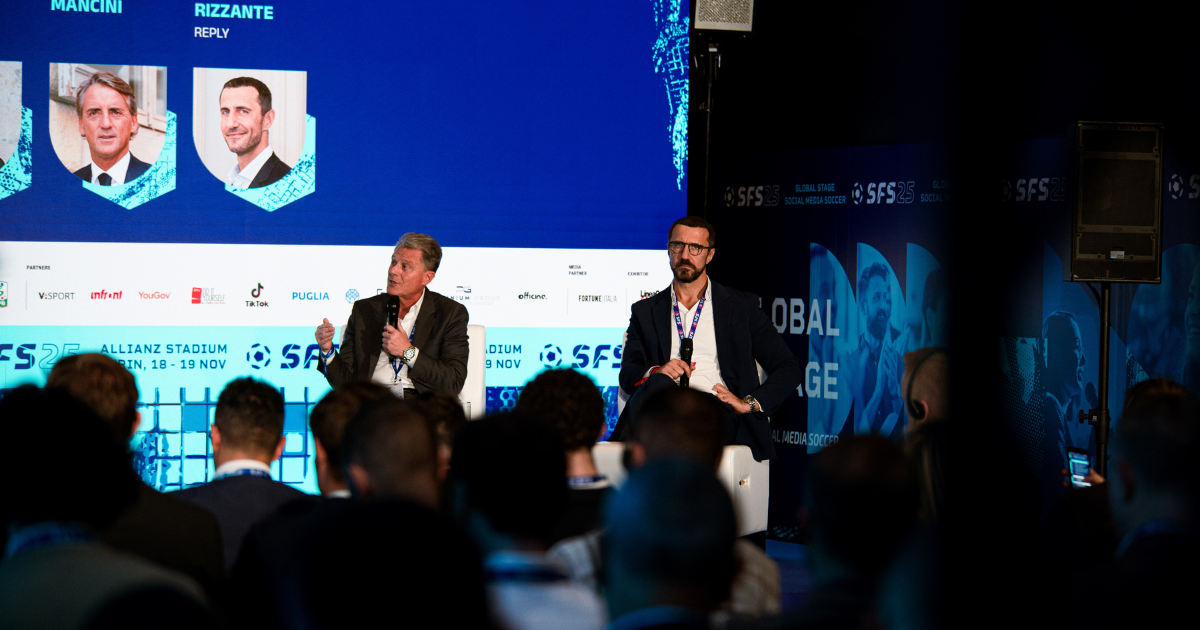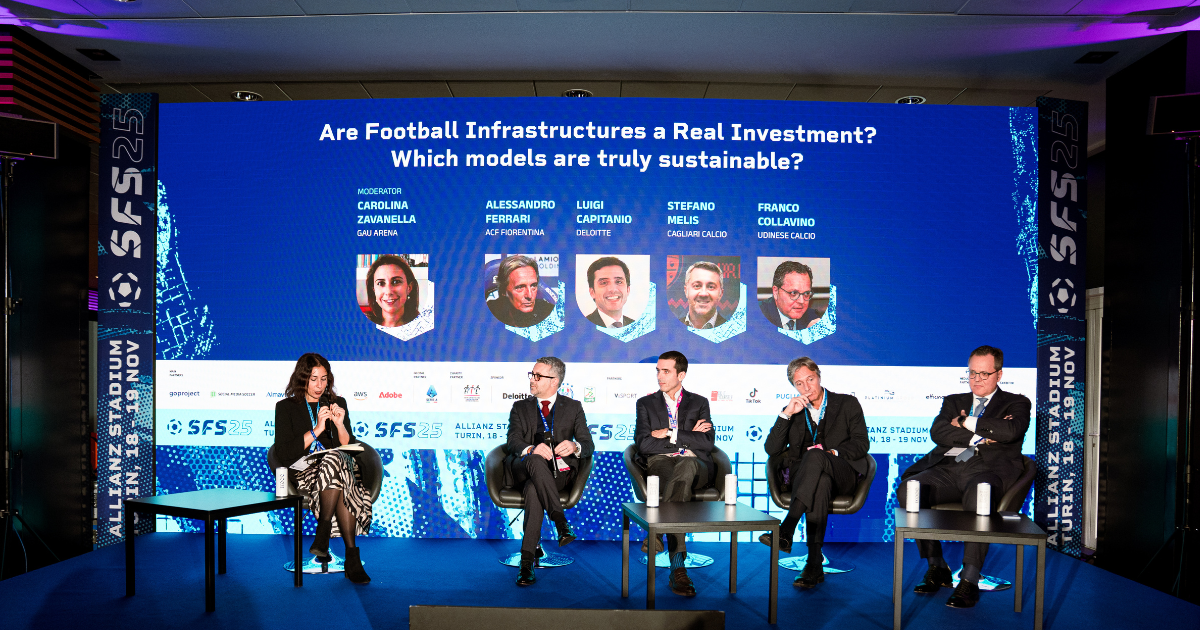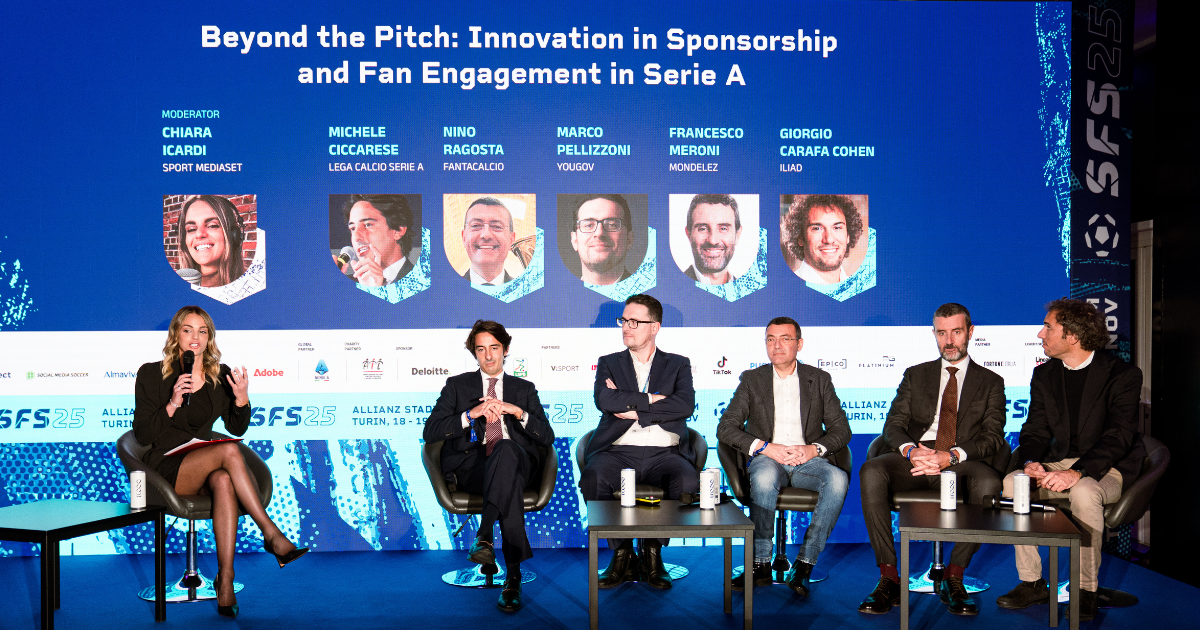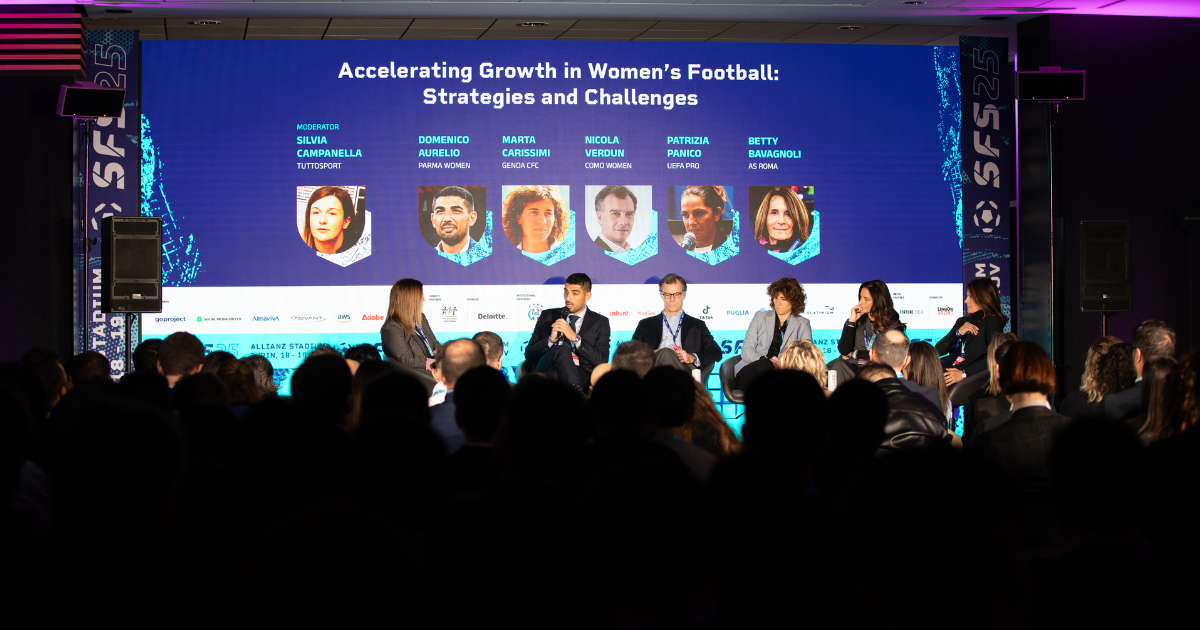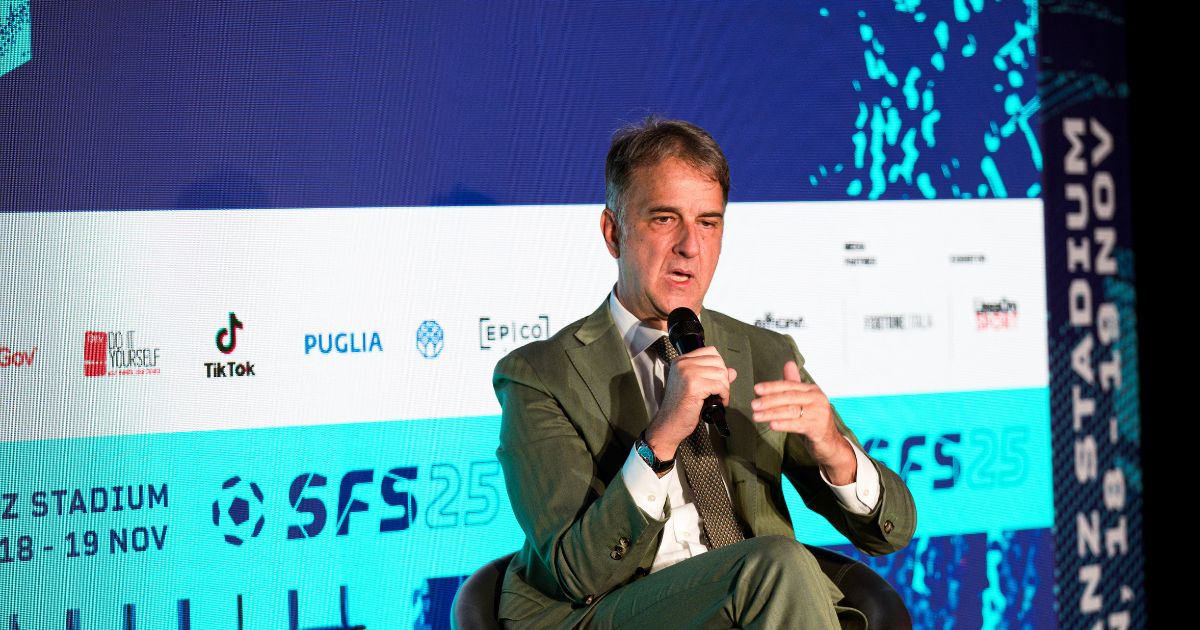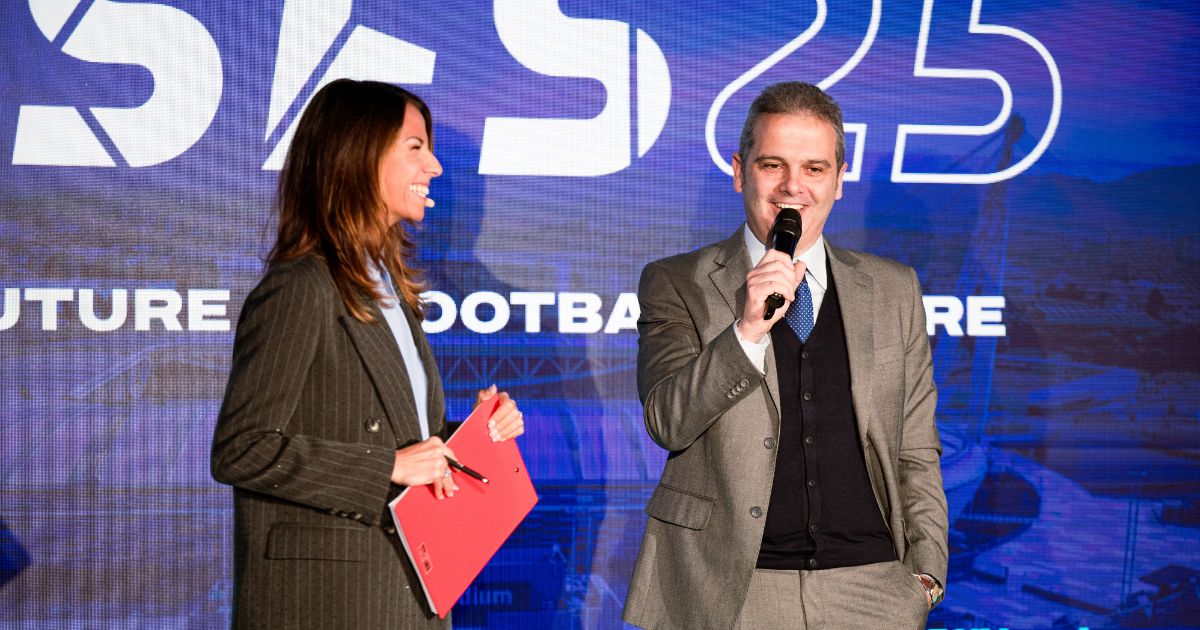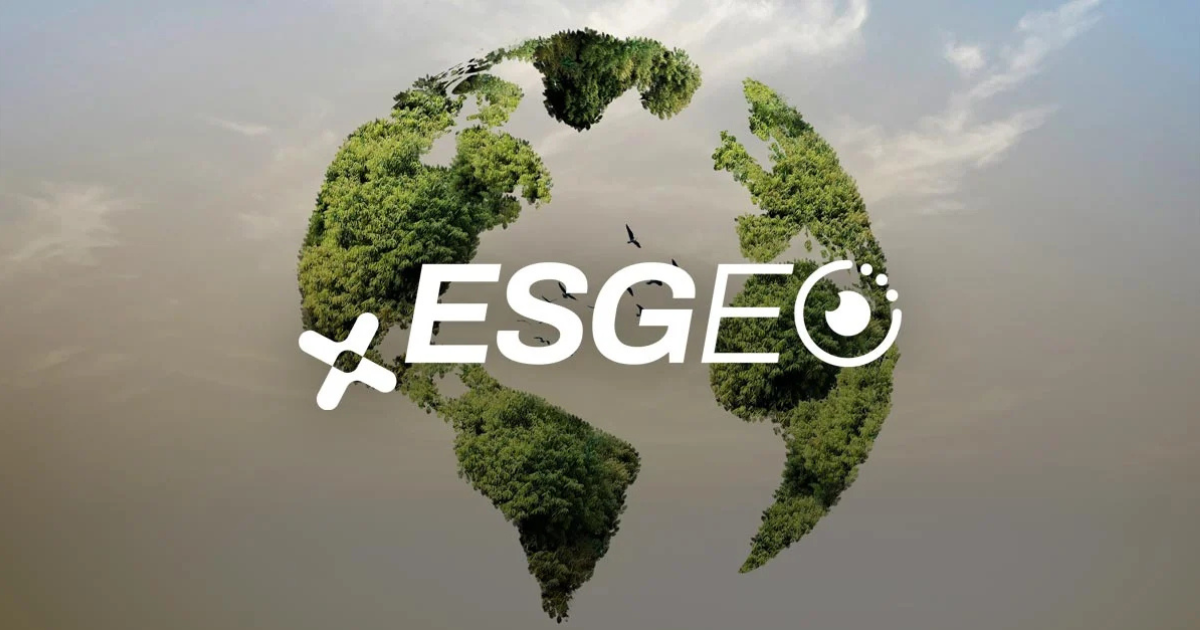The stage of Turin’s Allianz Stadium, the lights of SFS25 and the excitement of those who, for the first time, were in close contact with the great decision-makers of world soccer. The final lecture of the latest edition of the Social Media Soccer course, hosted at one of Europe’s most iconic venues, was not just a closing act, but tangible proof of how excellence training can shorten the distance between the classroom and the field.
It is from this very energy that Social Media Soccer starts anew, announcing the second edition of its 2026 Path of Excellence: Sport Event 360°. This year, the training proposal is made even more robust thanks to the direct participation of the managers of the Social Football Summit, who will take the chair to share their know-how behind the organization of an event that has now become an international benchmark in the B2B landscape.
Soccer as an entertainment Industry
Today the Football Industry is no longer just a sports discipline, but a giant entertainment industry. In this new paradigm, the ninety minutes is just the tip of an iceberg of innovative content, experiences and formats. Sports events – from international summits to fan experiences in stadiums – thus represent strategic marketing and branding tools capable of generating economic and reputational value for clubs, leagues, institutions and stakeholders involved.
In such a competitive market, communication is no longer just an accessory, but a key strategic asset. Knowing how to organize an event today means knowing how to coordinate a complex narrative that begins months before the gates open and continues to live on digital channels well after the event itself is over.
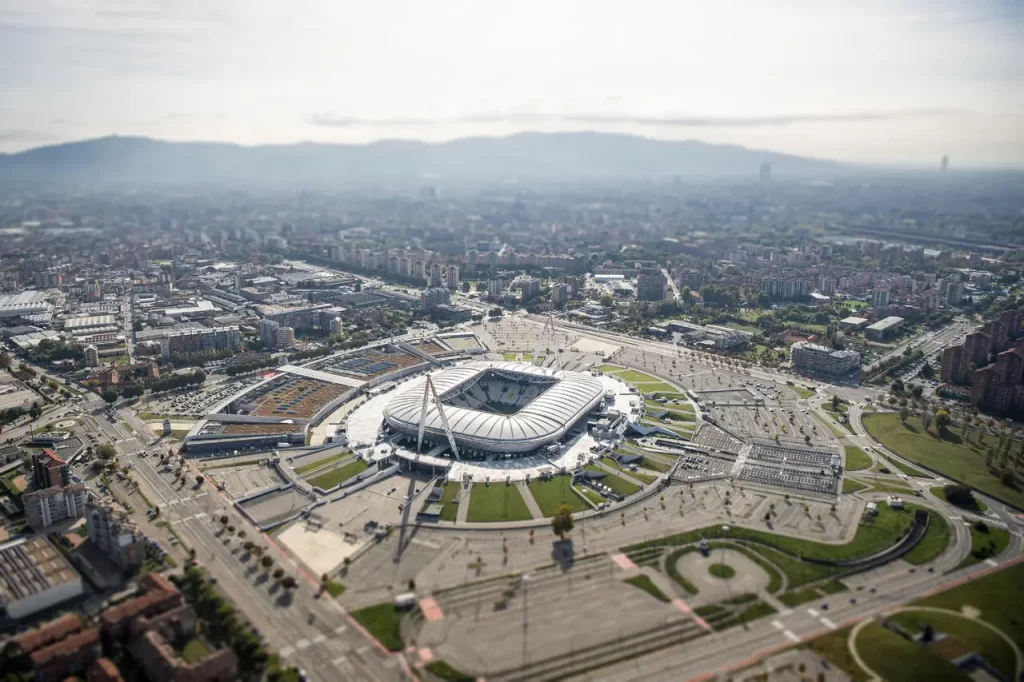
Sport Event 360°: designing the excitement, managing the business
The course was created to train professionals capable of moving nimbly in this ecosystem. Organizing a sports event today means governing a machine where strategic vision, sustainability and economic management must move in perfect synchrony.
The program is structured to provide soft skills: from budget planning to operational management to creating an unforgettable fan experience. Through a hybrid format involving 36 hours of online classes, participants will analyze the economic models and sponsorship strategies that make a large event sustainable.
In all of this, the Social Football Summit will be the central use case. Students will have the unique opportunity to study from the inside how a concept created for networking can be transformed into a global value asset by analyzing stakeholder mapping, branding and supplier coordination.
From theory to practice: the final Project Work in Rome
The whole thing does not end in simple lectures, but in an immersive firsthand experience. In fact, the course will culminate on June 5 and June 2026 in the offices of Social Media Soccer in Rome for the final Project Work (with related certificate of participation). Here, the trainees will test themselves by simulating real scenarios from the Football Industry: divided into teams, they will have to devise and design a complete event concept, demonstrating their ability to integrate positioning, ticketing, digital communication and operational management.
An elite pathway for tomorrow’s professionals
The course will start on April 10, 2026, and is aimed at graduates and professionals aiming for excellence in sports management. Registration is now open (by clicking here), but access is subject to a selection process aimed at ensuring classes of the highest profile, fostering valuable networking among participants. The question, rhetorically, arises: are you ready to take the field?
Working in the sport industry: the new training season signed by Social Media Soccer and SFS
The stage of Turin's Allianz Stadium, the lights of SFS25 and the excitement of those who, for the first time, were in close contact with the great decision-makers of world soccer. The final lecture of the latest edition of the Social Media Soccer course, hosted at one of Europe's most iconic venues, was not just a closing act, but tangible proof of how excellence training can shorten the distance between the classroom and the field. It is from this very energy
The Italy-Saudi synergy and the Future of the Industry: Insights from the SFS Saudi Edition in Riyadh
Modern football is no longer played solely within the ninety minutes on the pitch; it thrives in a global dimension shaped by diplomacy, infrastructural innovation, and new commercial frontiers. This was the clear message emerging from the second edition of the SFS Saudi Edition in Riyadh, held alongside the Italian Super Cup. The event traced a strategic line between the tradition of Serie A and the ambitions of Saudi Vision 2030, bringing together the decision-makers who are rewriting the rules of the
Mattia Perin’s Mental Investment Redefines Talent in Football
The panel "Is Football Really Prioritizing Players’ Mental Health?", moderated by Riccardo Nasuti (Digital Manager SFS 25), focused on the crucial topic of athlete mental health. The conversation between Juventus goalkeeper Mattia Perin and his personal psychologist, Nicoletta Romanazzi, offered a frank perspective on the internal work required for high performance, highlighting how cultural resistance is finally beginning to fade. The personal story and freedom from external judgments Mattia Perin shared his experience, revealing that he had wanted to quit playing after
AI in Sport: Artificial Intelligence Amplifies Human Instinct and Revolutionizes the Game
The panel "AI in Sport," moderated by Ivan Ortenzi, shone a spotlight on the dual relationship between technology and the human component in football. On stage, Filippo Rizzante (Reply) and Sergio Gianotti (AWS) dialogued, with a brief online contribution from Mister Mancini, who immediately expressed a clear stance: "AI is very useful, but I still trust my intuition (laughs, Ed.)." The new geography of technology Rizzante framed the technological scenario, noting how leadership, once "US centric" over the last 20 years, is
Are Football Infrastructures a Real Investment? Stadiums and Sports Centers: The Shift from Cost to Asset
The panel "Are football infrastructures a real investment?" addressed a crucial question for the future of Italian football: do investments in stadiums and sports centers truly generate value? The answer, which emerged from the discussion among experts from Deloitte and representatives of virtuous clubs like Fiorentina, Cagliari, and Udinese, was unanimous: yes, but only if integrated into a 360-degree business model. Present on stage were: Alessandro Ferrari (Fiorentina), Stefano Melis (Cagliari), Luigi Capitanio (Deloitte), Franco Collavino (Udinese), and the panel
Beyond the Pitch: Serie A is a Total Communication Platform. The Value Between Emotion and Data
Innovation, engagement, and ROI measurement. These were the keywords of the panel “Beyond the Pitch: Innovation in Sponsorship,” moderated by Chiara Icardi (Sport Mediaset), which brought together industry experts to discuss how football sponsorship is evolving from a mere presence to a genuine communication strategy. On stage were: Michele Ciccarese (Lega Serie A), Nino Ragosta (Fantacalcio), Marco Pellizzoni (YouGov), Francesco Meroni (Mondelez), and Giorgio Cohen Carafa (Iliad). Serie A: from sporting event to digital platform Michele Ciccarese began by clearly defining the
Women’s Empowerment and Professionalism: The Future of Football in Italy
Moderated by Silvia Campanella (TuttoSport), an exceptional panel composed of Domenico Aurelio (Parma Women), Marta Carissimi (Genoa CFC), Nicola Verdun (Como Women), Patrizia Panico (UEFA Pro), and Betty Bavagnoli (AS Roma) discussed the sporting, political, and social impact of women's football in Italy, contextualized to the current historical moment. The path towards evolution The panelists retraced the concrete steps that have led to the current development of the movement. Betty Bavagnoli, building on her experience as a former player and coach, emphasized
UEFA: Michele Uva Unveils the Sustainable Strategy for Euro 2032 and the Stadium Revolution in Italy
Michele Uva, the Executive Director for Social and Environmental Sustainability and UEFA delegate for Euro 2032, was the guest of honor on the Football Stage, interviewed by Elisabetta Esposito of La Gazzetta dello Sport. Uva, recently included in Time's list of the 100 most influential people in the world, outlined UEFA’s strategy concerning Corporate Social Responsibility (CSR) and its impact on European football, with a crucial focus on the stadium issue ahead of Euro 2032. A systemic effort: Investing in CSR Uva
Valentini: “We Officially Inaugurate SFS 25 at Allianz Stadium, a Benchmark for the Entire Football Industry”
The curtain has officially risen on the eighth edition of SFS 25, the most anticipated event for the entire Football Industry. The two-day event, taking place at the Allianz Stadium on November 18 and 19, 2025, kicked off in a room packed with participants, partners, and international stakeholders. Giving the start to the proceedings, from the stage of the Football Stage, was Gianfilippo Valentini, CEO of GoProject, host, and creator of the event. His opening speech highlighted the strategic evolution of the
Stefano Maneri, ESGeo: “Italian Football is chasing, but sustainability can be the lever that wins the championship!”
In view of SFS 25, we interviewed Stefano Maneri, Senior ESG Advisor at ESGEO (Avvale Group), a key player in sustainability consulting and digital governance. In this exclusive interview, Maneri clarifies how the ESG approach must move beyond the logic of a mere “constraint” to become a driver of business and innovation for sports clubs. He analyzes the challenges facing Italian football, the regulatory and cultural gap compared to leagues like the Premier League, and the strategic importance of having



